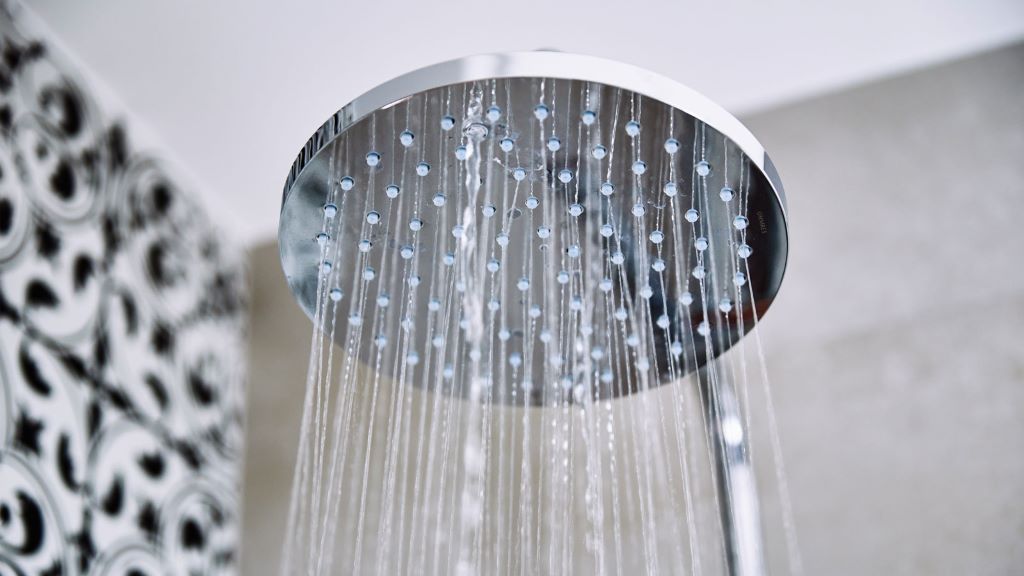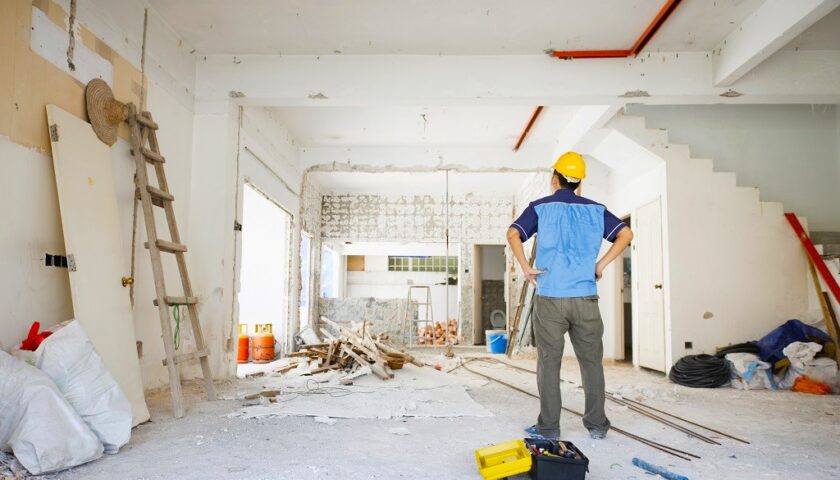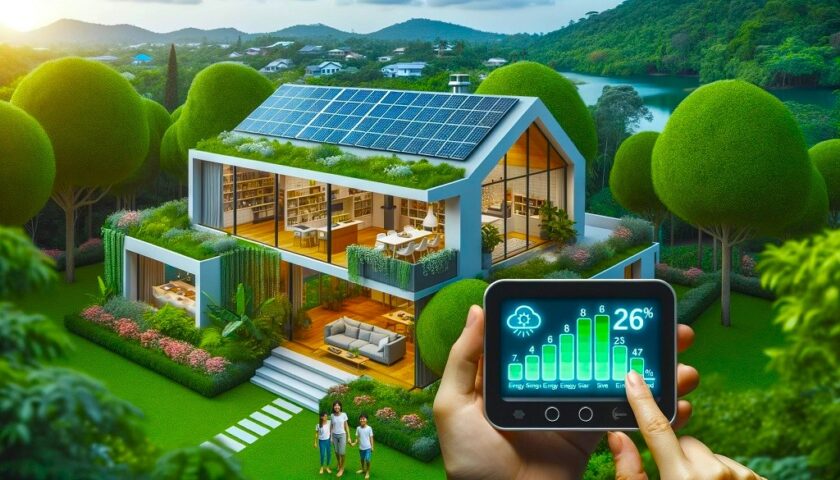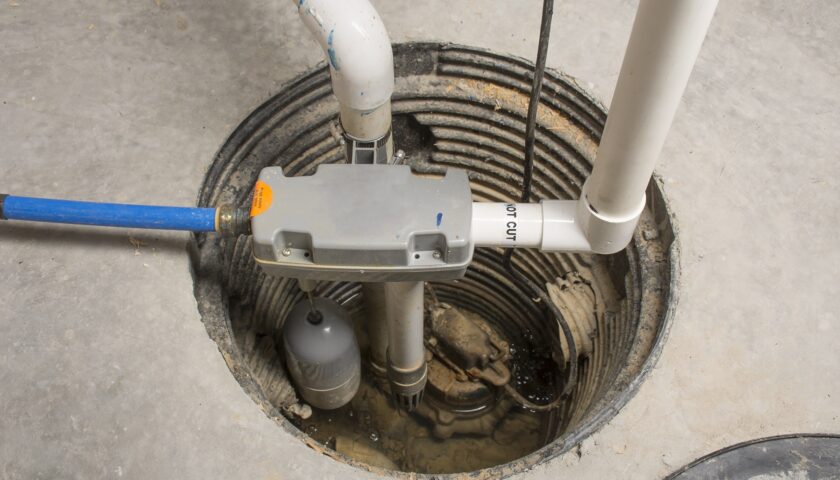Water is a precious and finite resource, and as global populations grow, demand is increasing. It’s more important than ever to make conscious efforts to reduce water consumption at home. Not only does responsible water use help the environment, but it can also save you money on your utility bills.
The good news is that there are plenty of simple yet highly effective ways to cut back on your home’s water usage – some requiring minimal changes and others representing slightly larger investments.
Identifying Hidden Water Wasters
Before diving into solutions, let’s look at where your water might be going:
- Leaky Plumbing: A dripping faucet isn’t just annoying, it’s incredibly wasteful. Even minor leaks can add up significantly over time. Check your faucets, toilets, and pipes for signs of leaks and repair them promptly.
- Running Toilets: If your toilet keeps running after a flush, there may be a problem with the flapper or another component. These issues are relatively easy to fix and can save gallons of water per day.
- Outdated Appliances: Old dishwashers and washing machines often use much more water than modern, energy-efficient models. If it’s time for a replacement, prioritizing water efficiency can pay off in the long run.

Smart Tips: Reduce Consumption, Maximize Efficiency
Now, let’s explore specific actionable changes:
In the Bathroom
- Shorten Your Showers: It’s tempting to indulge in a long, hot shower, but even small reductions in shower time can make a big difference. Try using a timer or aim for showers of 5 minutes or less.
- Low-flow Showerheads: These showerheads reduce water flow without sacrificing water pressure. This is a fantastic, low-cost upgrade with an immediate impact.
- Turn off the Faucet: Don’t let water run while brushing your teeth or shaving. A small change in habit can save significant water.
In the Kitchen
- Full Loads Only: Run your dishwasher only when it’s entirely full. Handwashing dishes, surprisingly, can use more water than a full dishwasher cycle.
- Don’t Pre-Rinse: Modern dishwashers can handle even dirty dishes. Scrape off food, but avoid pre-rinsing unless absolutely necessary.
- Washing Produce: Wash fruits and veggies in a bowl of water instead of under a running faucet. You can reuse the water for your plants!
In the Laundry
- Maximize Your Loads: Wait until you have full loads of laundry before running your washing machine. Smaller loads waste water and energy.
- Water-Sense Machines If you’re in the market for a new machine, look for washing machines with the WaterSense label, which indicates that they meet EPA criteria for water efficiency.
Outdoor Improvements
- Watering Times: Water your lawn and garden early in the morning or late in the evening when water is less likely to evaporate quickly.
- Native Plants: Choose native and drought-tolerant plants for your landscape. They’ll naturally require less watering.
- Xeriscaping: Replace expanses of lawn with mulch, rocks, or ground covers. This can dramatically decrease outdoor water use.
- Rain Barrels: Capture rainwater with a rain barrel to use for watering plants during dry spells.
High-Tech Solutions
- Smart Sprinklers: These systems use sensors and weather data to adjust watering schedules, avoiding unnecessary water use.
- Leak Detection Systems: Some systems can monitor your water usage and alert you to potential leaks within your plumbing, preventing costly surprises.
Big Changes, Greater Savings
- Low-Flow Toilets: Modern, efficient toilets use far less water per flush. If you have an old toilet, consider an upgrade.
- Tankless Water Heaters: Traditional heaters store water and keep it constantly hot, using standby energy. Tankless systems heat water instantly as needed, saving energy and water.
The Power of Change
These small and large adjustments add up in a significant way. By adopting smart practices for reducing your home’s water usage, you’ll help conserve a precious resource, contribute to a healthier environment, and even save money along the way. Remember, every drop counts!




